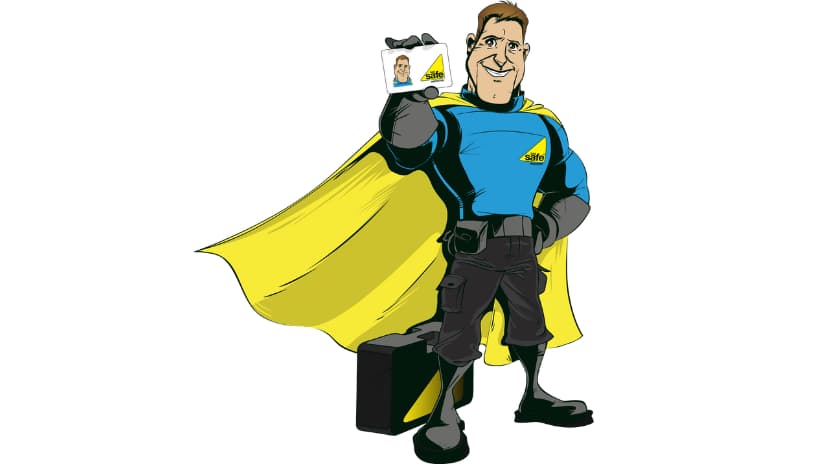
Gas Safety Week 2024 is an awareness event for gas engineers and the broader community from September 9th to 15th. This annual campaign, coordinated by the Gas Safe Register, underscores the importance of gas safety and the critical role of regular maintenance and checks on gas appliances. This year’s theme, “Every Check Counts,” emphasises the necessity of diligent and consistent checks to prevent potentially fatal gas-related incidents.
Gas Safety Week aims to raise awareness about the dangers of poorly maintained gas appliances, which can lead to gas leaks, fires, explosions, and carbon monoxide (CO) poisoning. CO is an invisible, odourless gas that can cause serious health issues and even death. Given these risks, the campaign seeks to educate professionals and the public about the importance of regular gas safety checks.
Annual Gas Safety Checks:
Ensure all gas appliances are safety checked annually by a Gas Safe registered engineer. This not only keeps appliances in optimal condition but also prevents hazardous situations. Encourage your customers to prioritise these checks and educate them about their importance.
Identifying Warning Signs:
Help your customers recognise warning signs of malfunctioning gas appliances. Look for lazy yellow or orange flames instead of crisp blue ones, black marks on or around the appliance, excessive condensation in the room, or persistent error messages on control panels.
Carbon Monoxide Awareness:
Educate your customers about the six main symptoms of CO poisoning: headaches, dizziness, breathlessness, nausea, collapse, and loss of consciousness. Advise them to seek fresh air immediately and contact the national gas emergency helpline if they suspect CO poisoning.
Installation of CO Alarms:
Stress the importance of installing audible carbon monoxide alarms marked EN50291 with the British Standards Kitemark. These alarms are crucial for the early detection of CO leaks and provide an additional layer of safety.
Verification of Engineer Credentials:
Ensure your customers know how to verify that their gas engineer is Gas Safe registered and qualified for the specific work. The Gas Safe Register website and the back of the Gas Safe ID card provide this information. Always present your ID card before starting any job to build trust and reassure your clients.
Supporting Your Community
As a gas engineer, your role extends beyond individual appointments. Participating in Gas Safety Week contributes to a national effort to keep communities safe. Here are ways to get involved:
Community Outreach:
Organise or participate in local events to spread awareness about gas safety. These can include workshops, informational booths, or free safety check offers.
Educational Campaigns:
Use social media, local newspapers, and community boards to share gas safety tips and promote Gas Safety Week activities.
Collaborate with Local Organisations:
Partner with schools, community centres, and other local organisations to disseminate gas safety information, mainly targeting vulnerable groups such as the elderly or those with disabilities.
Resources and Support
To assist in these efforts, the Gas Safe Register provides various resources, including:
Factsheets and Guides:
These materials, available for download, offer detailed information on gas safety procedures, signs of CO poisoning, and emergency contacts.
Promotional Materials:
Amplify your outreach efforts with banners, posters, and social media graphics provided by the Gas Safe Register.
Gas Safety Week 2024 allows gas engineers to reaffirm their commitment to safety and engage with their communities. Participating in this campaign, you help ensure that every check counts, protecting lives and promoting a safety culture around gas usage. Your expertise and vigilance are vital in preventing gas-related accidents and fostering a safer environment.
Related Articles
- Gas Safety in Times of Economic Hardship
- Evolution of the Gas Safe Register
- Commercial Property Gas Safety Checks
- Landlords Guide to Gas Safety (Installation and Use) Regulations
- Gas Engineers Health & Safety at Work

